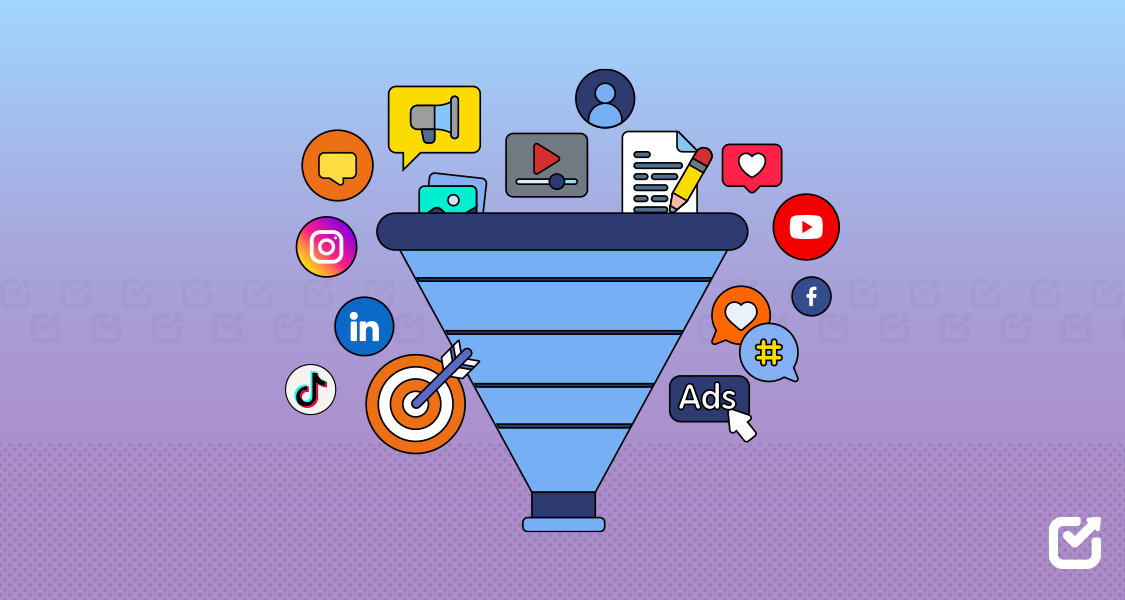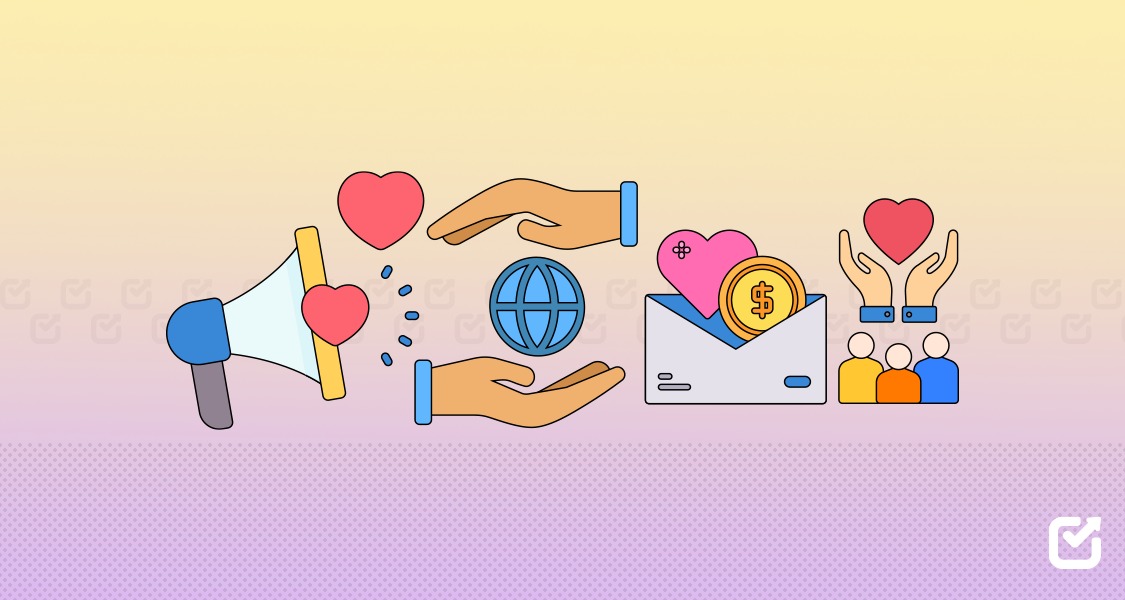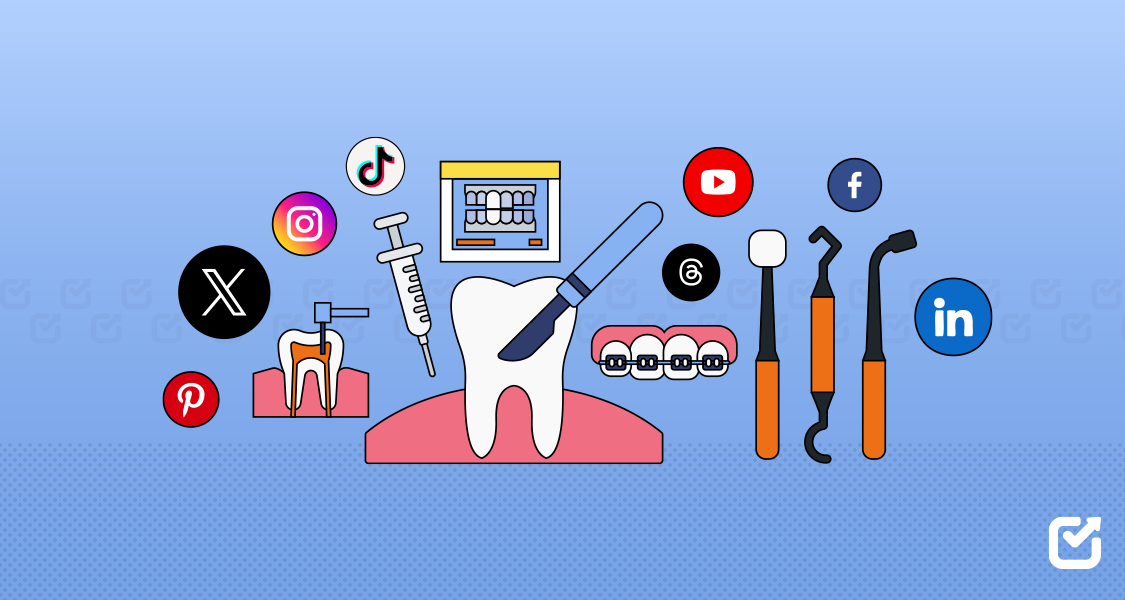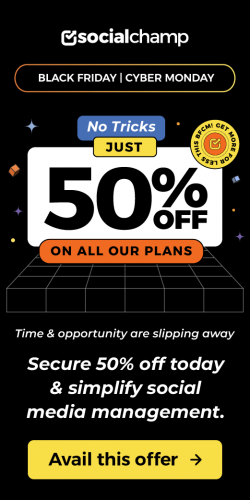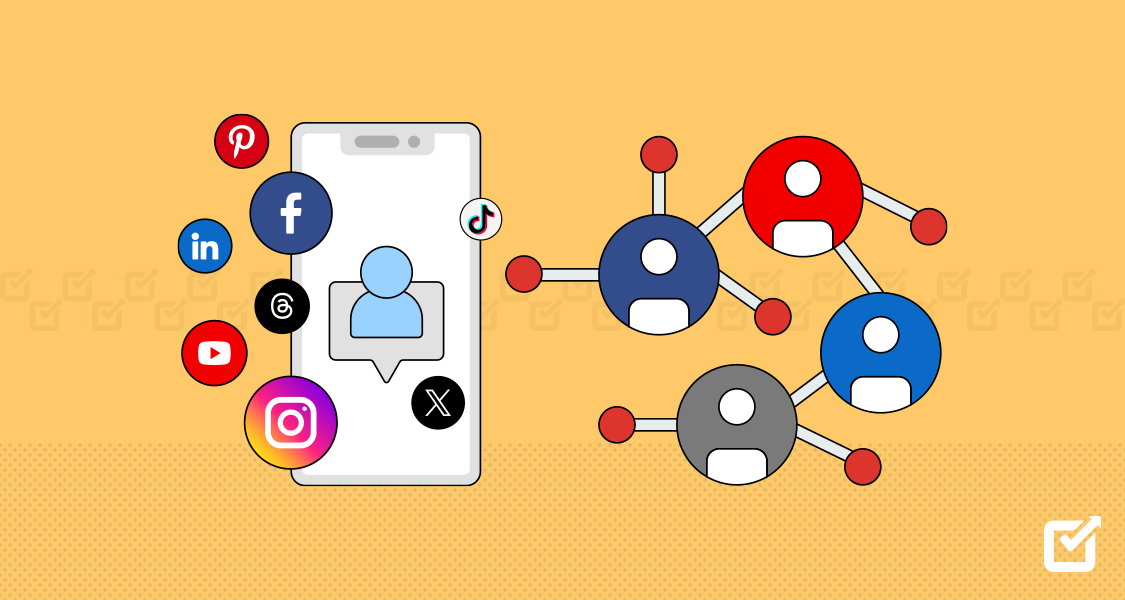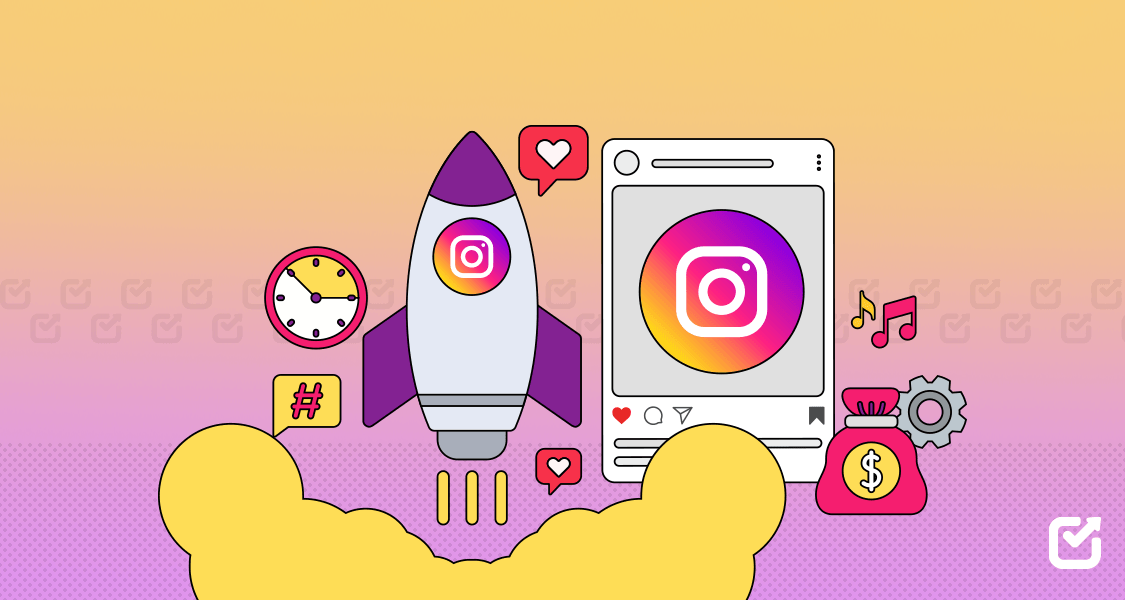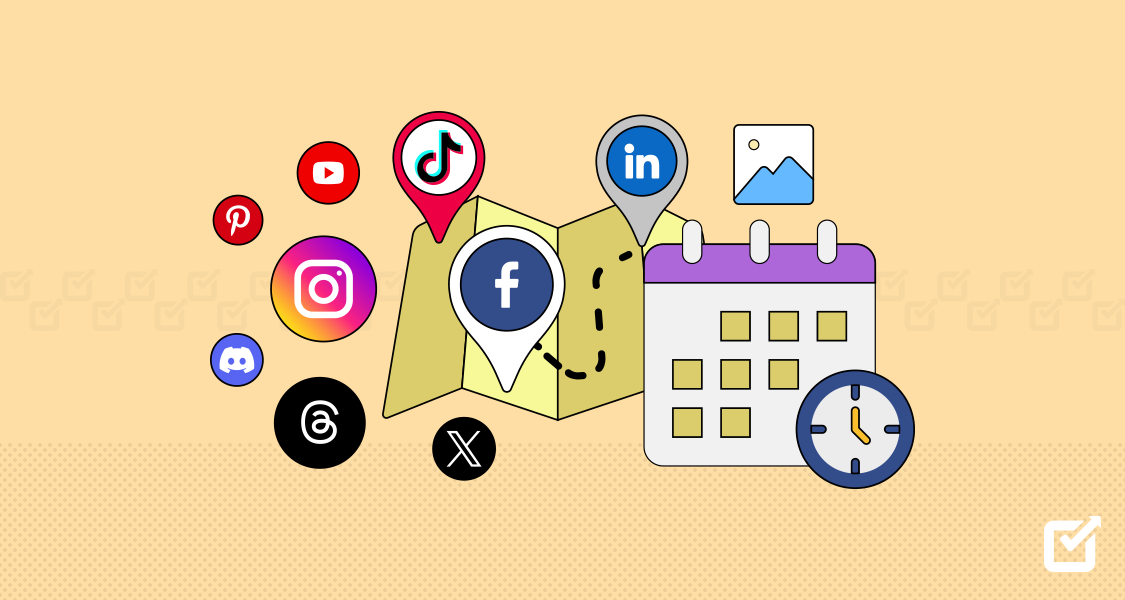You can’t sell something to a customer who won’t need it, right? And trying to pitch your USPs to a loyal customer?
It’s not the best way to spend your time, either.
So, how do you sell to individuals at the proper part of their buyer’s journey?
That is where a digital marketing funnel enters.
A clearly defined marketing funnel lets you know exactly where your potential buyers are in their process—and how to nudge them to the next step.
Without it, your marketing campaigns can feel disorganized and unsuccessful.
Did you know that 80% of customers are more likely to buy from brands with personalized experiences
That’s why companies today must design marketing funnels that address their audience’s needs at each stage.
In this post, we’ll break down what a digital marketing funnel is, why it’s so important to businesses in 2025, and how new marketing automation tools are revolutionizing the game.
So, are you ready to take your marketing strategy to the next level and achieve real results?
Let’s get started!
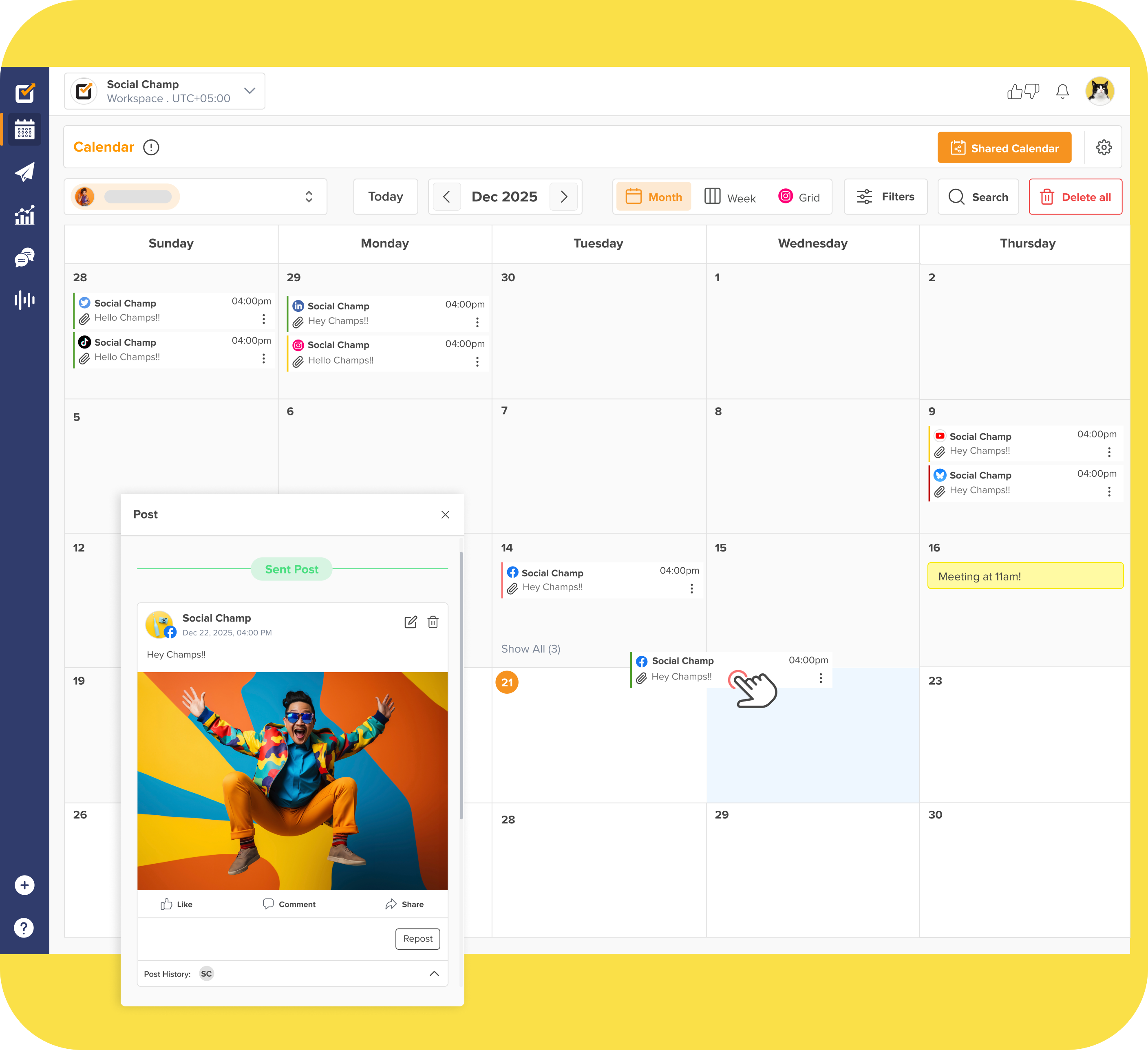
Ready to Streamline Your Marketing Funnel?
Start using Social Champ to enhance every stage of your digital marketing funnel. Try it now and see the difference today!
Short Summary
- A digital marketing funnel guides potential customers from awareness to conversion and retention, ensuring a structured marketing approach.
- Unlike traditional funnels, digital ones leverage automation, AI, and data-driven insights for more effective targeting and engagement.
- Optimizing your funnel in 2025 is crucial for staying competitive, increasing efficiency, and maximizing ROI.
- The four key stages—awareness, consideration, conversion, and retention—help businesses nurture leads and drive long-term customer relationships.
- Automation tools like Social Champ simplify funnel management with bulk scheduling, AI-powered insights, and engagement tracking.
- AI is revolutionizing digital marketing funnels by enhancing personalization, improving analytics, and streamlining content distribution.
What Is a Digital Marketing Funnel? (A Complete Overview)
A digital marketing funnel is the journey your potential customers take, from discovering your brand to making a purchase—and even beyond.
The typical stages of a full-funnel digital marketing strategy are:
Awareness → Consideration → Conversion → Retention
A full-funnel digital marketing strategy maps out every stage of the buying process, helping you understand how to attract, engage, and convert leads effectively.
Instead of randomly promoting your products or services, a well-structured funnel guides your marketing efforts, ensuring you’re targeting the right audience at the right time.
This approach not only boosts conversions but also improves customer retention and encourages loyalty.
Whether you run an eCommerce store, a service-based business, or a SaaS company, mastering this funnel is key to sustainable growth.
Featured Article: What is Social Listening? Top Tips for Marketers in 2025
Traditional vs. Digital Marketing Funnel: Key Differences & Evolution
Marketing funnels have existed for decades, but the shift from traditional to digital has completely transformed how businesses attract and convert customers.
While the traditional marketing funnel follows a linear path and is primarily brand-focused, the digital marketing funnel takes a non-linear approach involving many stages and is customer-focused.
In a traditional marketing funnel, you follow the simple AIDA model – Attention, interest, desire, and action.
It relies on broad-reach advertising (TV, radio, billboards) to generate interest and drive conversions through in-store visits or phone inquiries.
However, it lacks real-time insights, personalization, and the ability to track customer behavior accurately.
A well-optimized digital marketing funnel, on the other hand, ensures that no lead slips through the cracks.
It uses the AIDA model at every stage and forms strategies based on customers’ intent and buying behavior.
Unlike traditional sales funnels, it incorporates multiple touchpoints across various online channels, including social media, email marketing, search engines, and paid ads.
Every interaction in the digital marketing funnel plays a role in moving prospects closer to conversion.
And that’s not all.
A digital marketing sales funnel also lets you streamline your marketing processes thanks to various automation tools such as Social Champ.
With tools like these, you can automate social media posting, track engagement, and optimize content performance, ensuring your brand stays active throughout the funnel without manual effort.
Why Businesses Must Optimize Their Digital Marketing Funnel in 2025?
Owning a business in 2025 means adapting to changing strategies and consumer demands.
Today’s customers expect a seamless and personalized buying journey.
If your digital marketing funnel isn’t optimized, you’re missing out on potential sales.
Consumers no longer follow a straight path from awareness to purchase—they research, compare, and expect brands to engage with them across multiple touchpoints.
An outdated or inefficient funnel means higher bounce rates, lower conversions, and wasted ad spend.
With an optimized digital funnel, you can smoothly guide prospects from discovery to conversion and turn them into loyal brand advocates.
The 4 Stages of a Digital Marketing Funnel (With Examples)
Remember the start of the blog when I said you can’t sell to a customer who doesn’t need your product yet?
Let’s elaborate on it further while referring to each stage of the digital marketing funnel.
Suppose you start a business that sells donuts.
But where you opened your donut shop is in a town where people haven’t even heard about donuts yet.
If you start selling your donuts out of the blue, they will be reluctant to try them, and most importantly, it’s more about why they should try your donuts.
This is where the first stage of your digital marketing funnel comes in.
-
Awareness
This is the Top of the Funnel stage.
Here, you will tell your customers about your shop, why people need your donuts, and why they should at least give them a try.
At the awareness stage, your potential customers may not know you exist.
This is where you generate visibility through various digital channels such as social media, SEO, paid ads, and content marketing.
The key here is to create valuable, engaging content that educates, entertains, or solves a problem for your audience. In this case, the problem may be a ready-to-eat tea-time sweet treat.
One of the best real-life digital marketing funnel examples is The Ordinary.
During their awareness stage, they used influencer marketing to make people realize skin concerns they didn’t even know existed and thus marketed their skin serums as a perfect solution.
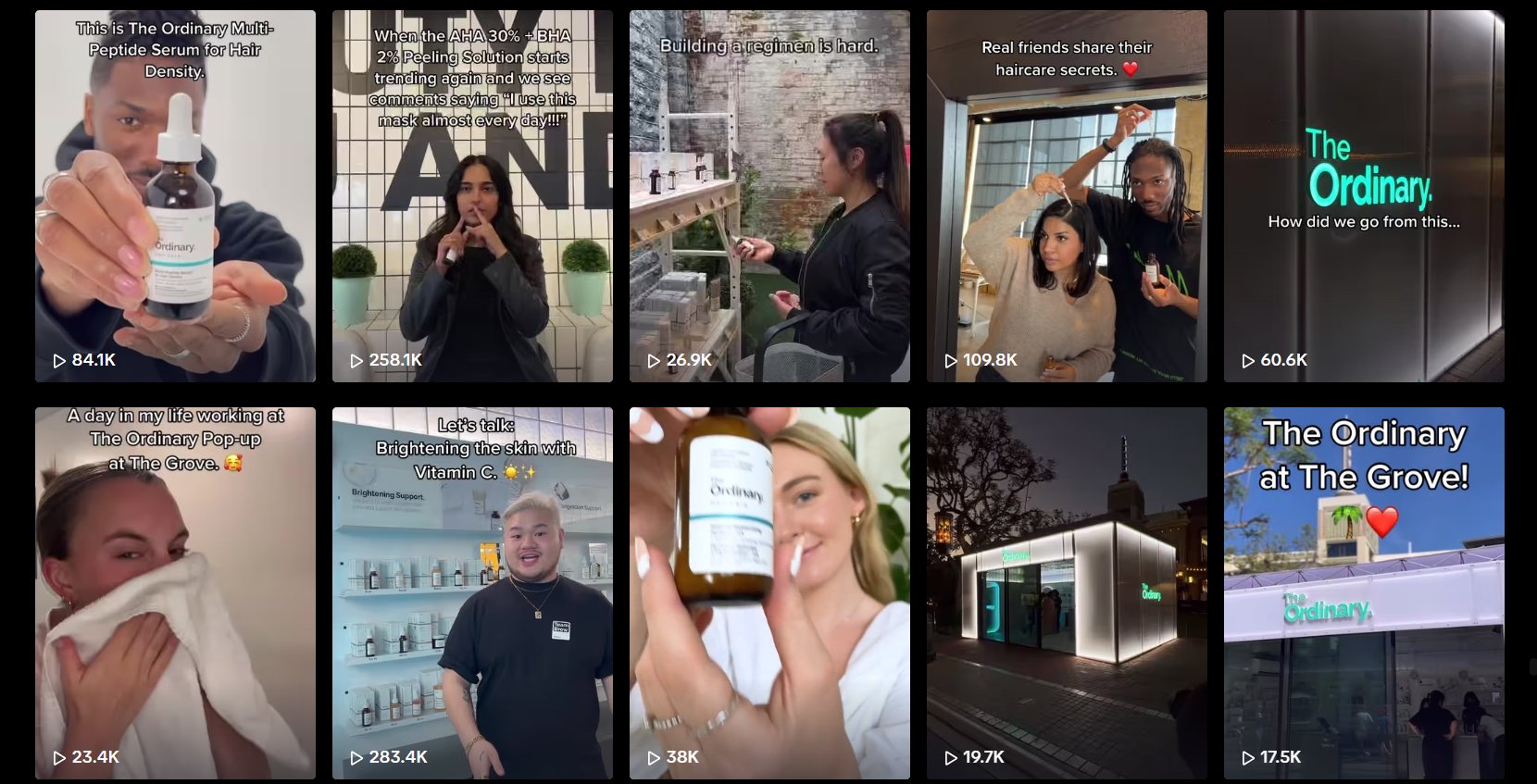
The Ordinary’s TikTok Posts From Awareness Stage But right now, your customer isn’t going to buy right away; he needs a little more convincing. This is how you move to the next stage.
-
Consideration
At this stage, or in the middle of the funnel, your customer starts researching and comparing your products or services with competitors.
Your goal here is to provide information that helps them make an informed decision while positioning your brand as the best choice.
This is where strategies like customer testimonials, case studies, product demos, and detailed blog content come into play.
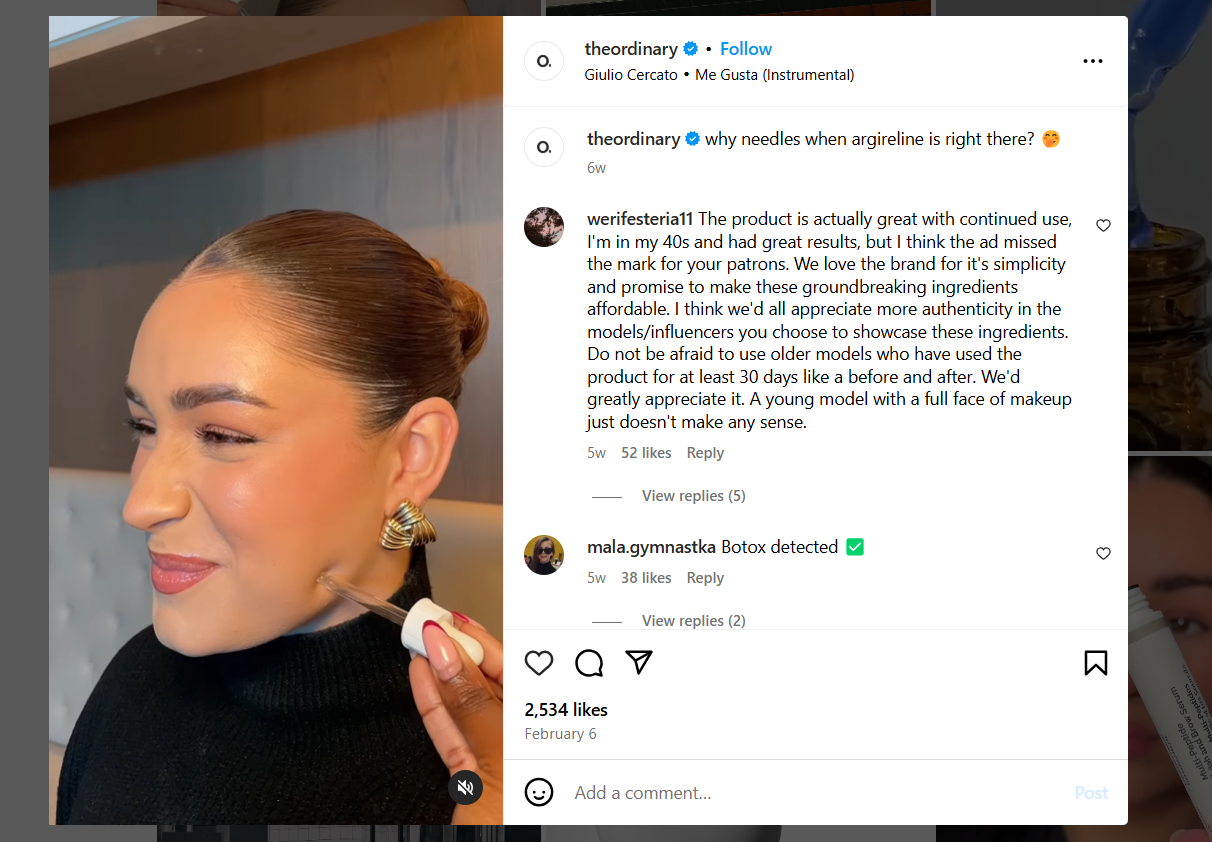
The Ordinary’s Instagram Post Comparing Their Product to an Injectable Skincare Alternative In our digital marketing funnel examples, you tell your customers your USPs that your donuts are healthier, affordable, and a better alternative to their usual snacks.
You can also give them free samples to taste to really motivate their buying decision.
Once you have successfully convinced your customer to try your donuts, it’s time to reap the benefits in the next step.
-
Conversion
The conversion stage, or bottom of the funnel, is where all the nurturing and marketing efforts pay off.
Your potential customers have shown interest, and now it’s time to guide them toward purchasing.
A seamless checkout process, persuasive CTAs, special discounts, and limited-time offers can help push hesitant buyers to take action.
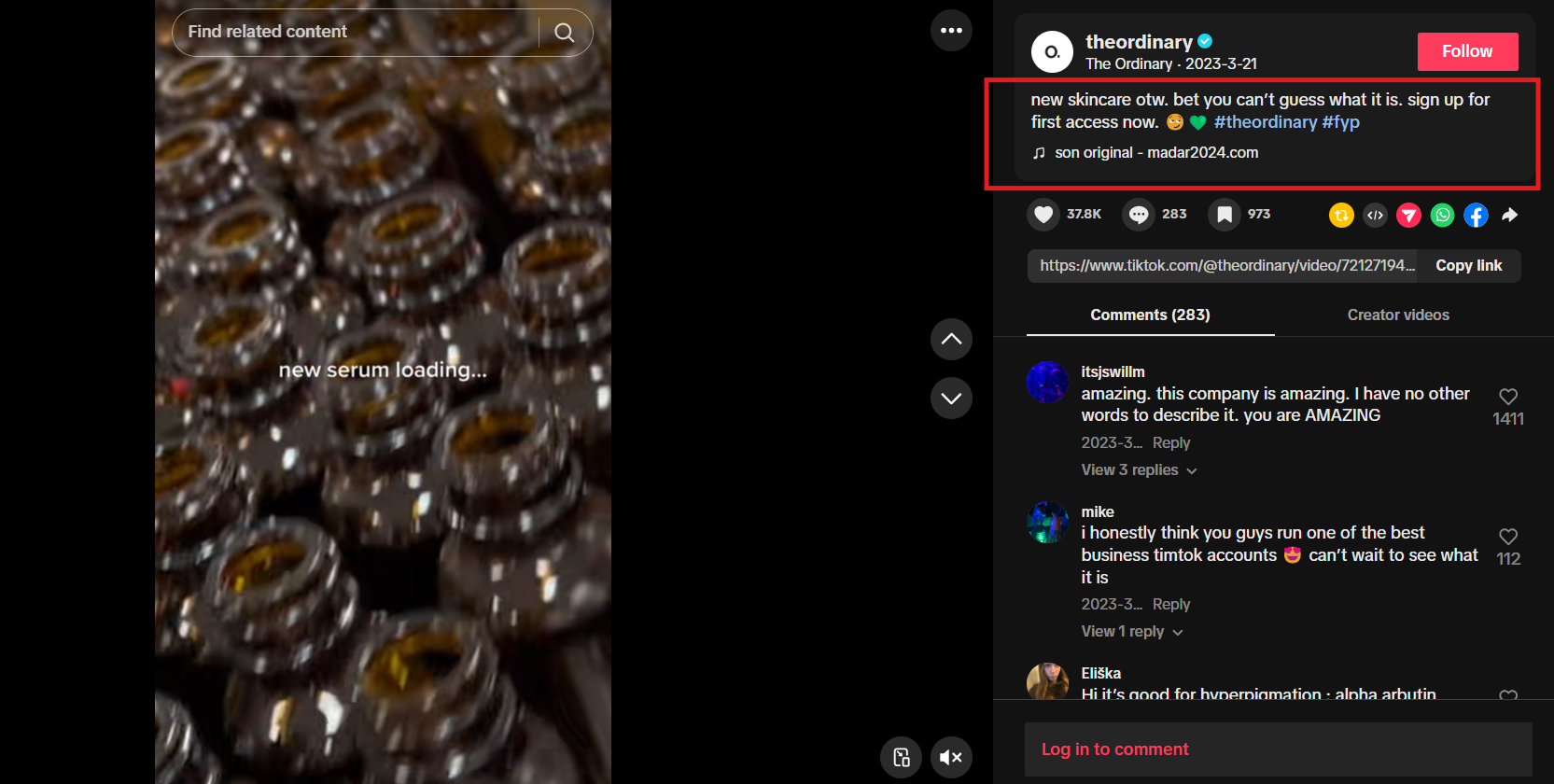
The CTA on a TikTok post from The Ordinary After your customer successfully purchases your donuts, this is the time for retention strategies or bottom-of-the-funnel marketing.
-
Retention
The retention stage focuses on turning one-time buyers into repeat customers by maintaining communication, offering loyalty rewards, and personalizing their experience.
Now, let’s think for a moment that your donut shop is actually online, and it is not possible to make them try your product, offer free samples, or pique their interest in person.
This is where you need automation tools to keep your customers engaged and encourage repeat purchases.
With Social Champ, you can schedule regular social media updates, respond to customer queries efficiently via social inbox, and track engagement metrics—all in one place.
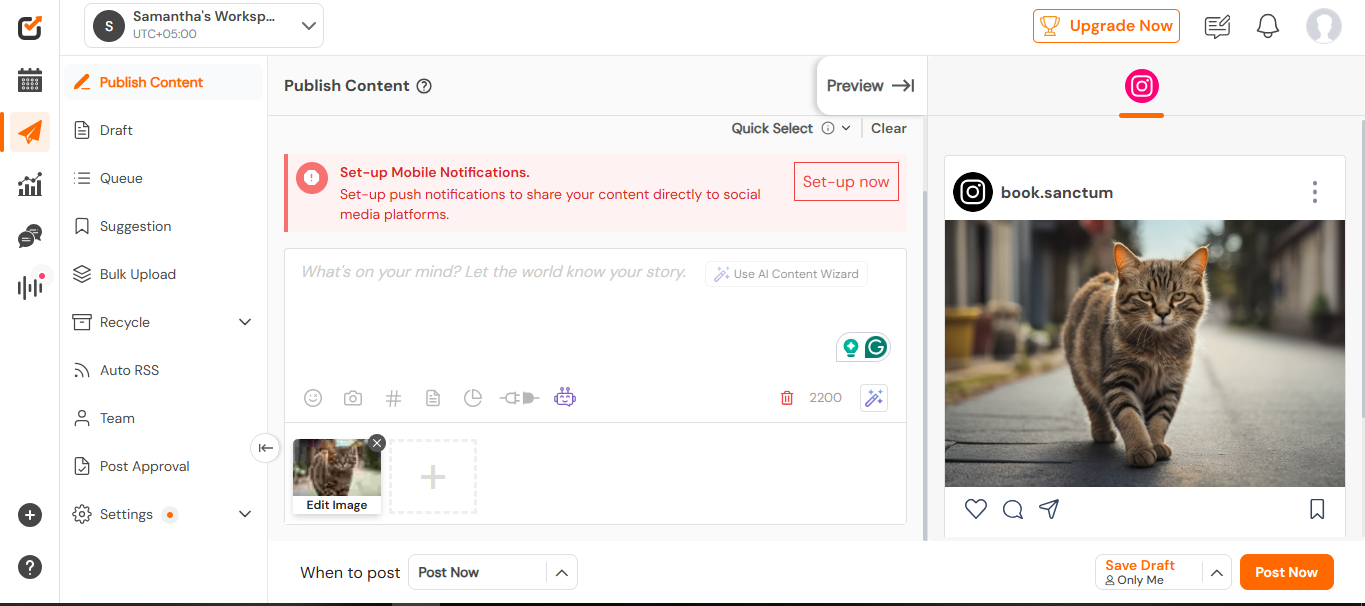
Social Champ’s Dashboard The more you appear in your customer’s feed, the more their interest will grow which will lead to developing a desire to try your product and finally to actually purchasing it.
Featured Article: 10 Best Influencer Analytics Tools to Boost Campaign ROI
How to Create & Automate Your Digital Marketing Funnel (With Social Champ)?
Building a digital marketing funnel from scratch can feel overwhelming, but automation makes it seamless.
Instead of manually handling each stage—awareness, consideration, conversion, and retention—you can streamline the entire process with the right tools.
-
Bulk Scheduling for Consistent Awareness
A strong funnel starts with visibility.
You need to consistently engage your audience across multiple channels, but posting manually daily isn’t practical.
With Social Champ’s bulk scheduling, you can plan weeks’ content in advance, ensuring a steady post flow that keeps your brand top-of-mind without the daily hassle.
-
AI Insights to Refine Your Strategy
Understanding what resonates with your audience is key to moving them further down the funnel.
Instead of guessing which posts perform best, leverage AI-driven analytics to identify trends, track engagement, and refine your content strategy.
Social Champ provides actionable insights, helping you create more of what works.
-
Analytics to Measure Conversions
Conversions don’t happen overnight.
To optimize your funnel, you need data on what’s working and what’s not.
Social Champ’s in-depth analytics let you track clicks, engagement, and campaign performance, allowing you to adjust your strategy in real time for better results.
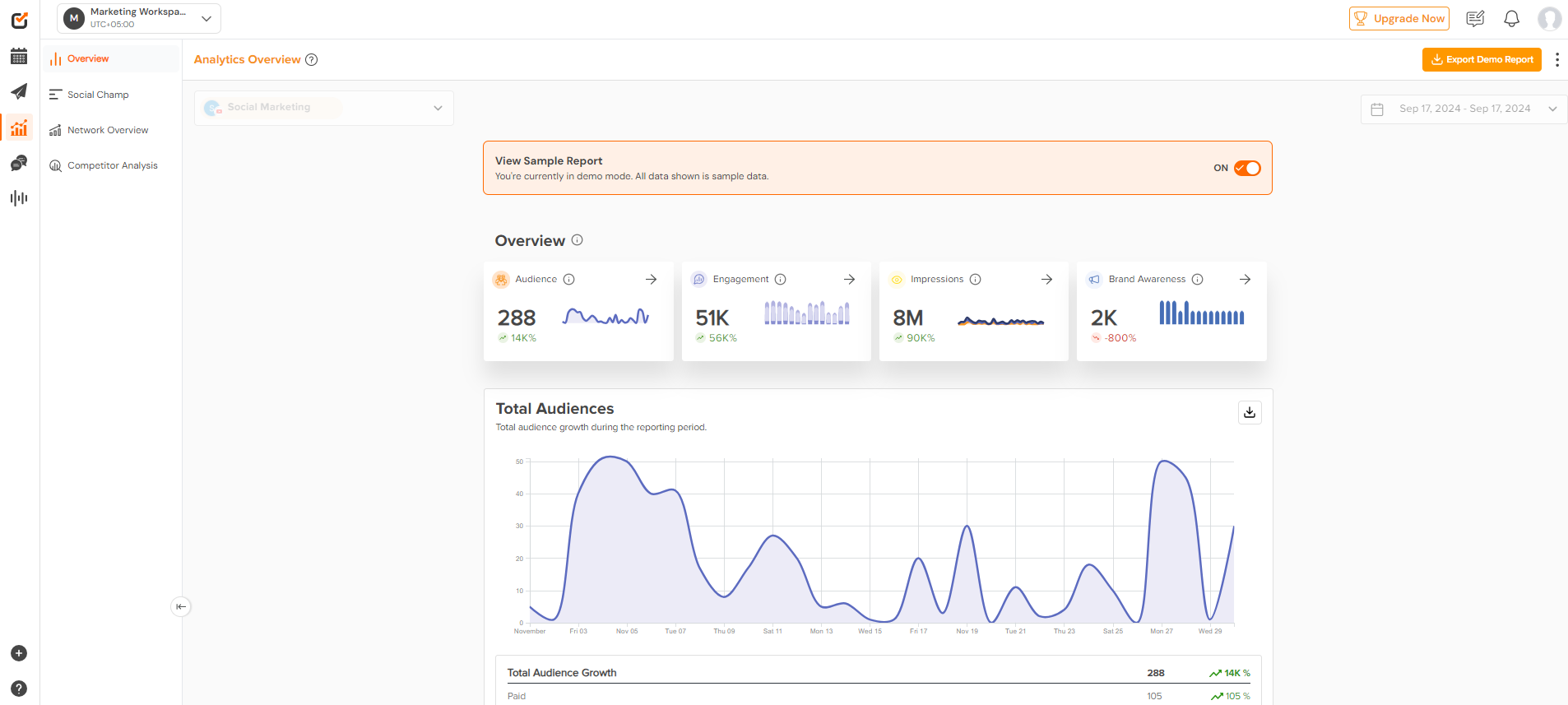
Social Champ’s Analytics -
Engagement Tracking for Retention
Keeping customers engaged after a purchase is crucial for long-term success.
With Social Champ’s Social Inbox, you can manage comments, direct messages, and brand mentions in one place.
Responding promptly builds trust and keeps customers returning, strengthening retention without the extra workload.
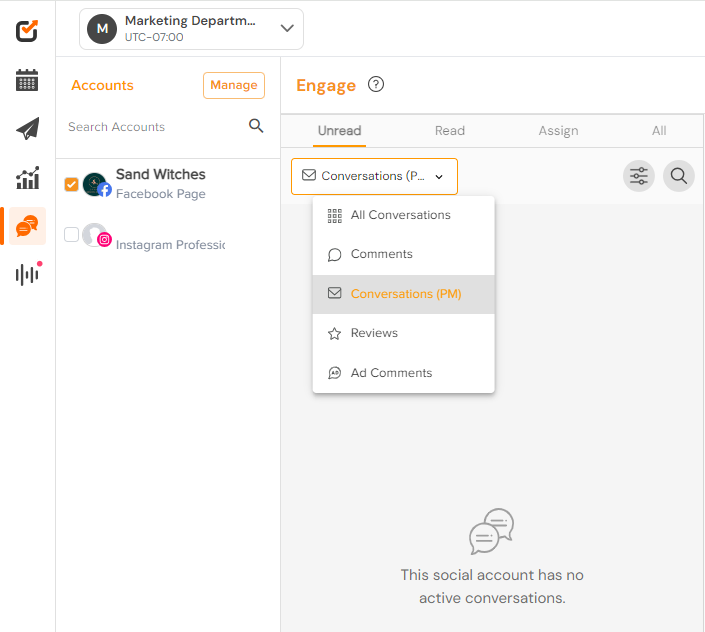
Social Champ’s Social Inbox

Automate Your Way to Social Media Success!
Schedule posts, track engagement, and optimize campaigns with Social Champ. Get started today!
How AI & Automation Are Transforming Digital Marketing Funnels?
Artificial Intelligence (AI) and automation are revolutionizing digital marketing funnels by enhancing efficiency, personalization, and decision-making across all stages.
Here’s how these technologies are transforming each phase:
-
Enhanced Audience Targeting
AI algorithms analyze vast datasets to identify patterns and preferences, enabling businesses to create detailed audience personas.
This precision ensures marketing efforts reach the most relevant audiences, improving campaign effectiveness.
-
Personalized Content Delivery
By leveraging AI, marketers can deliver personalized content at scale.
AI analyzes user behavior and preferences to tailor messaging, increasing engagement and conversion rates.
-
Automated Customer Interactions
AI-powered chatbots and virtual assistants provide instant, personalized responses to customer inquiries, enhancing user experience and freeing up human resources for more complex tasks.
-
Predictive Analytics for Strategy Optimization
AI’s ability to predict customer behavior allows marketers to anticipate needs and optimize strategies accordingly, leading to more efficient marketing funnels and higher ROI.
-
Streamlined Content Scheduling
Automation tools enable bulk content scheduling across platforms, ensuring consistent brand presence without manual intervention.
This consistency is crucial for maintaining audience engagement.
-
Performance Monitoring and Continuous Improvement
AI-driven analytics provide real-time insights into campaign performance, allowing for swift adjustments and continuous optimization.
This agility ensures marketing efforts remain effective in dynamic markets.

Master Your Marketing Funnel With Smart Automation!
Drive growth and simplify your social media management with Social Champ’s advanced tools. Try it now!
Final Thoughts
Mastering the digital marketing funnel is key to driving sustainable business growth in 2025.
From building brand awareness to retaining loyal customers, every stage of the funnel plays a crucial role in shaping your success.
With automation and AI-powered tools, you can streamline your marketing efforts, personalize customer interactions, and make data-driven decisions with ease.
Whether it’s scheduling content, tracking analytics, or optimizing engagement, platforms like Social Champ help simplify the process so you can focus on scaling your business.
As digital marketing continues to evolve, staying ahead means embracing automation, refining your strategies, and delivering seamless experiences to your audience.
